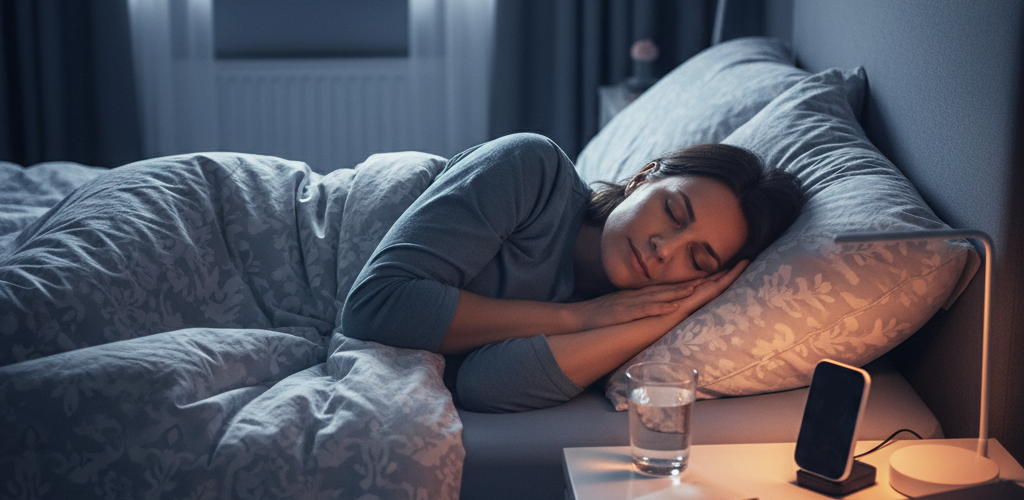Sleep and Diabetes: A Hidden Link
Sleep and diabetes are more connected than many realize. Research from the NIH highlights that both the quantity and quality of sleep have a direct impact on blood sugar control. Both short sleep (<6 hours) and long sleep (>9 hours) are linked to higher diabetes risk. Optimal sleep is between 7 and 9 hours.
This relationship is two-way: insufficient or poor-quality sleep reduces insulin sensitivity, disrupts circadian rhythms, and raises A1c levels. At the same time, diabetes itself contributes to poor sleep through frequent urination, thirst, and conditions such as sleep apnea. Over time, this cycle can worsen outcomes and quality of life.
What this means in practice is that diabetes must be treated with a holistic approach. Sleep should be considered a critical component of diabetes management, alongside nutrition, exercise, and medication therapy. Supporting patients in establishing healthy routines, screening for sleep disorders, and recognizing the hormonal effects of poor rest can improve both daily functioning and long-term metabolic health.
Source:
National Institutes of Health (NIH). “The Link Between Sleeping and Type 2 Diabetes: A Systematic Review.” 2023.
(The information provided is for educational purposes and should not be used during any medical emergency or for the diagnosis or treatment of any conditions. Consult with your health care provider for diagnosis and treatment of all medical conditions. Call 911 for all medical emergencies.)
